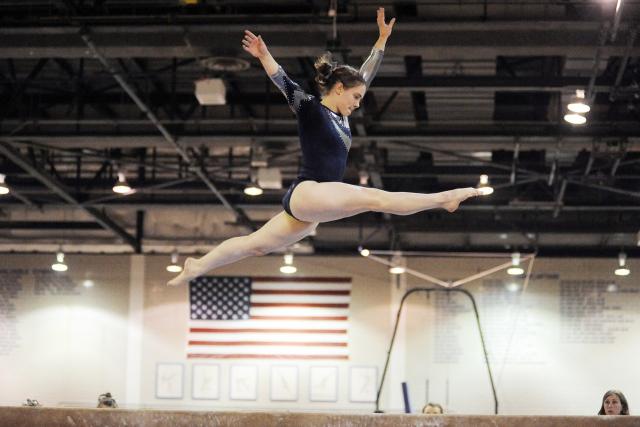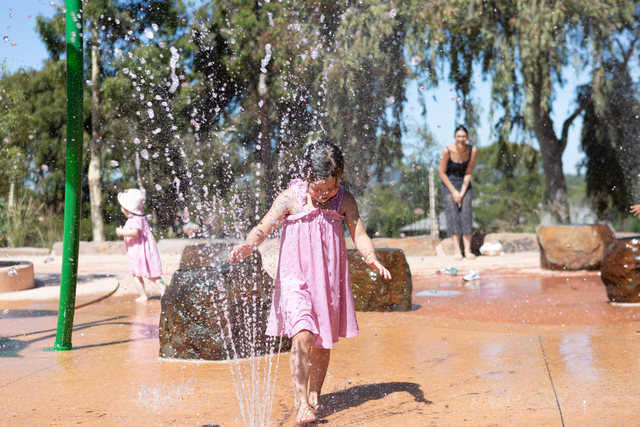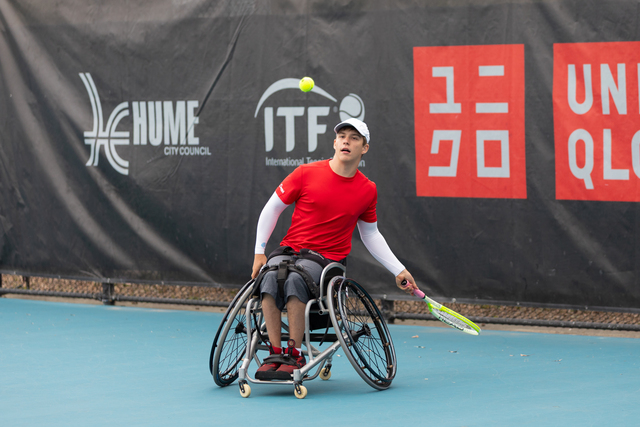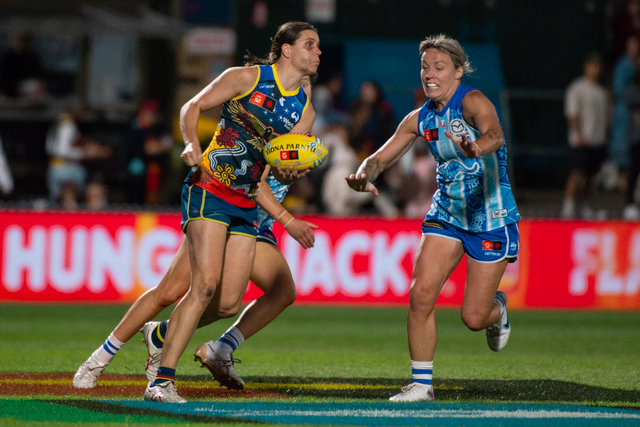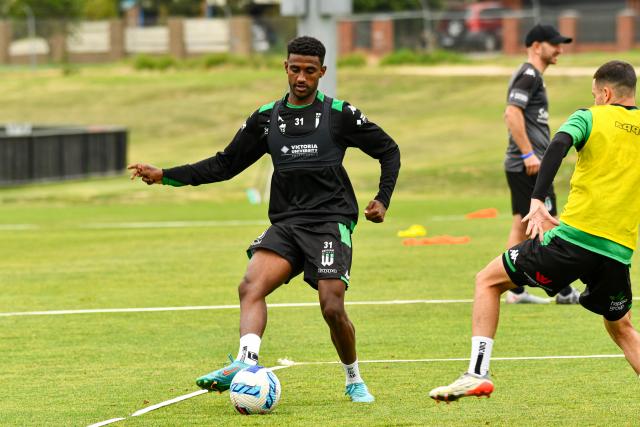Fun is the main reason females play community sport, including in Hume and Whittlesea, according to new research.
Researchers at Victoria University surveyed more than 5000 females who participated in either community club gymnastics or soccer around the nation. About half of the respondents had stopped participating in sport while the other half were still involved with their sport.
Nearly two-thirds of those who left reported their main reason for stopping – especially for teenagers – was because they were not having fun. Other major reasons included losing interest, having an unfriendly coach or official, injuries, or feeling too old.
Researcher Professor Rochelle Eime said while the findings revealed many retention issues, these issues were easy to fix.
“Clubs need to ensure what they offer aligns to the reasons girls and women get involved in the first place,” she said. “Most members are there to enjoy themselves – not to win or get the top award.”
Professor Eime said the sports of gymnastics and soccer were chosen for the study, to capture participant views in both a traditionally female sport, and a traditionally male one. However she said the findings could be applied to any sports.
“The main factor for younger girls aged under-12 dropping out was cost – a decision that would likely be made by parents,” she said.
“For women aged over 18, the main reason was COVID-19.
“However, not having fun was also a major reason to leave in both cohorts – similar to the teenager group.”
Professor Eime said COVID’s devastating impact on community sport memberships in recent years provided real opportunities for a major overhaul of the ways clubs attracted and kept members.
“Clubs can focus too much on pennants and medals, yet the research shows players mainly want to have fun, especially at the crucial adolescent stage when we lose so many young women and girls,” she said.
Professor Eime said the strict, timetabled way community sport is presented hasn’t changed in generations, in contrast to the less organised alternatives girls and women can choose for fun and fitness.
For example, females who join a pilates class or take dance lessons have more flexibility about when and how often they participate, and a wider choice in skill levels, she said.
The report found community sport clubs could improve membership retention by developing strategies and programs that focus on fun and enjoyment in the sport, ensuring training and competitions allow all players to improve their skills, and assisting with the costs of playing sport by re-purposing equipment or uniforms.

